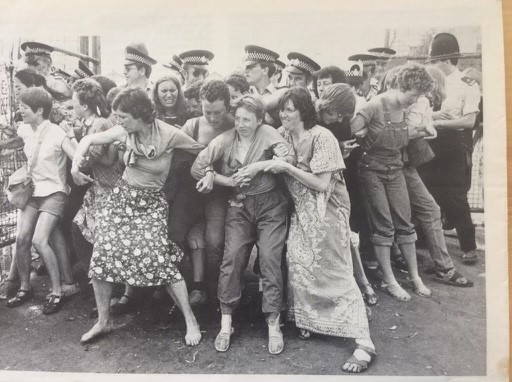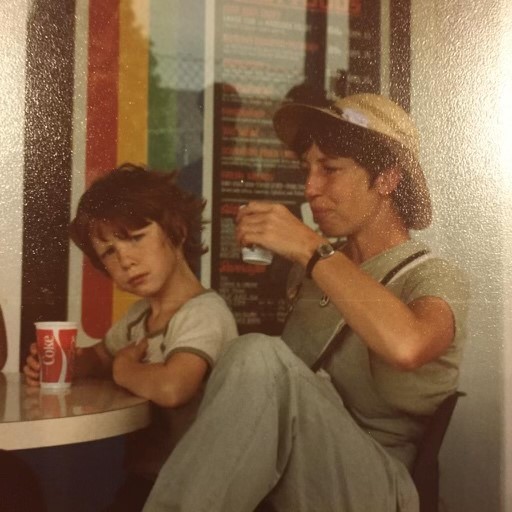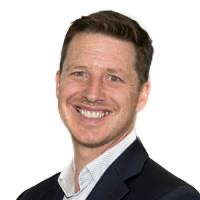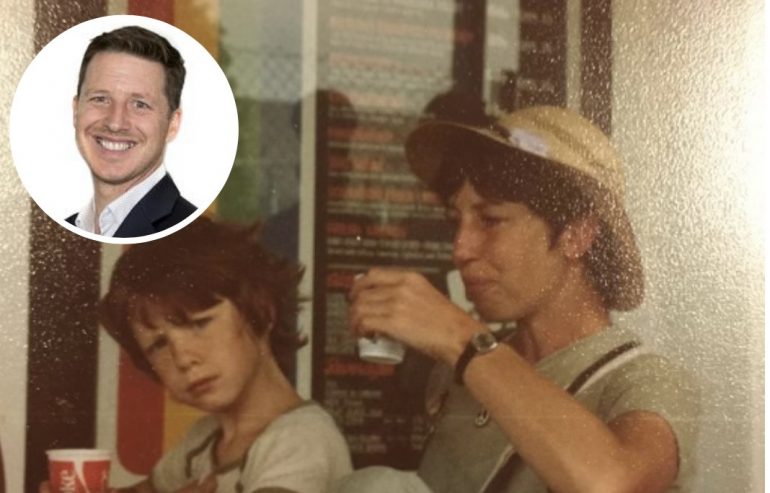Cardiff politician Caro Wild is proud of his ‘hippie’ upbringing in a feminist commune which gave him his name
HE’S one of the most high profile politicians at Cardiff council.
Most people know him as the Cabinet member tasked with tackling climate change.
But what most people don’t know about Caro Wild is the story of his unconventional upbringing.
He was raised by his feminist mother Bridget in a commune alongside other families, some of whom he still considers brothers.
Bridget was also a Greenham Common activist – one of the thousands of women who protested the British Government holding nuclear weapons in the notorious RAF base.
And he was even given his surname, Wild, as part of a social experiment set up by feminists looking to break the mould of a nuclear family.
He’s happy to brand it a “hippie upbringing”. “They were trying to change the world, really,” he said. “But one thing they were very much trying to change was the idea of the nuclear family and some of those traditions they just weren’t happy with.”

Caro’s unconventional upbringing began with his mother heavily investing in tearing down the expectations and traditions of the nuclear family. As a result, she moved into a large feminist commune in Leeds.
A feminist commune is a communal style of living with mostly mothers working together to raise their children. Most communes would raise all the children from different biological parents as siblings.
Inside the communes, housework was shared and not gendered. Everyone did their fair share of cooking, cleaning and child-minding. Men were welcome but of course were expected to also do their fair share of housework.
The first commune was set up in North London. Eventually the idea had spread across the UK with communes popping up in big cities like Leeds and Sheffield. By 1974 there were more than 10 Wild communes in the UK.

Caro did not quite experience an extreme communal upbringing because his mother, Bridget Robson, moved him into a smaller commune when he was an infant.
According to Caro, who’s now 46, his mother was slightly uncomfortable with how some of the bigger communes were run and some of the extreme ideas to raise children unaware of who their biological parents are.
“I very much knew who my mum was and had a very close mother and son relationship,” he said.
Around the time Caro was born, his mother moved into a smaller commune of just three adults and another child, Jim, who he thought of as a brother.
“My brother Jim Wild was in the same year as me at school and I would say he was my brother – but we looked completely different, so people would say ‘how can you be brothers’.”
Caro thought of people from the Wild communes as his family. However it was not an easy relationship to explain to his fellow classmates.
In school, Caro said: “It was not very cool. I think for anyone growing up you don’t really want to be considered different.”
As he grew up, Caro did continue to spend weekends with his extended Wild family at the larger communes, even though his mother had moved out.
He said: “I think everyone had different experiences, generally people are quite positive about it and they enjoyed the fact that they had different guardians and lots of love.
“But I think for some people they didn’t like certain aspects of communal living and they would have preferred to have ‘normal upbringing’.”
When Caro was 13 years old, he says his already large family become more diverse when his father, Hugo Storey, an Australian human rights lawyer, fell in love with a Pakistani woman and converted to Islam.
Caro said: “Getting to experience that Islamic culture was brilliant.”
There was no culture shock for Caro as he switched between the feminist commune on weekdays and his Muslim family on weekends. At school, he said he was one of only seven white children in his class so diversity within his family felt no different.
By his 20s, Caro began his version of a rebellion as he moved to London to work with the English Rugby League.
“Going from growing up in a hippie household with a feminist mother and human rights campaigners, my rebellion was getting into sports and laddism to then eventually getting married and taking the more traditional way of life,” he said.
After over 10 years of working in the English Rugby League, Caro moved to Wales to get involved in Welsh Rugby.
In Cardiff he continued his involvement in organisations such as Street Games which was established to improve the lives of children from deprived areas through sports.

By 2015, Caro was elected as councillor for Riverside in Cardiff. He said: “I spent a lot of time complaining about politicians and people just told me to give it a go myself.
“I got involved in local politics without knowing an awful lot about it, but I really enjoyed it and found it was somewhere I could really use my skills and make change, in local politics you can actually do things and get things done quite quickly.”
In 2022 he became the Cabinet Member for Climate Change at the Senedd representing the Labour Party.
When asking Caro why he chose Labour over any other political party, he said: “I like being in a party with a wide variety of people with different viewpoints because that is what society is like. I like being in a party with people who can disagree with me.”
Caro believes his upbringing had a huge influence on his involvement in politics.
He said: “All of my parents were involved in politics; my mum was a feminist but also peace campaigner and my father was a human rights lawyer. So, I have always been involved in wanting to see change and progressive politics.”
To hear more about Caro’s upbringing watch the podcast below:



